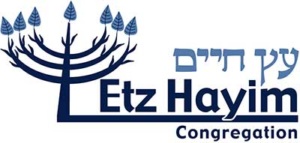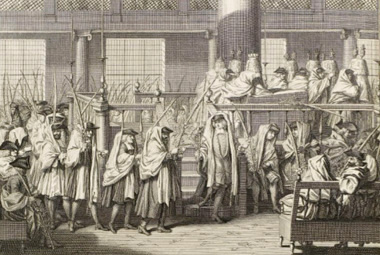On the evening of October 8, we will start our celebration of Sukkot. Sukkot is one of the three pilgrimage holidays in the Hebrew bible. The other two are Pesach and Shavuot.
We learn in the Book of Leviticus, chapter 23:
33. And the Eternal spoke to Moses, saying, 34. Speak to the people of Israel, saying, The fifteenth day of this seventh month shall be the Feast of Booths for seven days to the Eternal. (…) 40. And you shall take on the first day the boughs of goodly trees, branches of palm trees, and the boughs of thick trees, and willows of the brook; and you shall rejoice before the Eternal your God seven days. 41. And you shall keep it a feast to the Eternal seven days in the year. It shall be a statute forever in your generations; you shall celebrate it in the seventh month. 42. You shall dwell in booths seven days; all who are Israelites born shall dwell in booths; 43. That your generations may know that I made the people of Israel to dwell in booths, when I brought them out of the land of Egypt; I am the eternal your God.
This portion teaches us about the main aspects of the holiday. We are commanded to sit in the sukkah for 7 days, and to take the 4 species and rejoice with them before God. These are two different aspects of Sukkot that are connected by one thread. On this holiday, we are commanded to be happy.
About this commandment the Torah writes, “So that your generations will know that I caused the Children of Israel to dwell in sukkot when I took them from the land of Egypt” (verse 43). The Talmud tells us that these Sukkot were the “clouds of glory,” (Sukka 11b) which symbolized the Divine presence that surrounded the Jewish encampment in the desert and sheltered it from the harsh weather conditions of the environment, provided protection from all enemies, and transported those who were too weak to face the rigors of travel. According to the Gaon of Vilna, “this is a powerful demonstration of God’s concern and affection for us. For a human being to be awarded with such a manifest demonstration of Divine concern is the greatest possible glory, hence the expression ‘clouds of glory.’” In other words, rejoicing in this holiday happens because as we experience dwelling in the sukkah, we remember God’s protection, including the bounty of our harvest, and it makes us feel safer — therefore happier.
Yet this is not the only aspect of the holiday upon which happiness rests. The Mishnah in Massekhet Sukkah brings up the memory of the holiday celebration during Temple times. We read: “One who has not seen the rejoicing at the place of the water drawing has never seen rejoicing in one’s life.” At the conclusion of the first day of Sukkot, the ancient Israelites would participate in a rowdy festival, filled with music and dancing, lights and drinking. For me, growing up in Rio de Janeiro, it seems like a close relative to Carnaval. And that is certainly a happy moment!
Whether we rejoice during Sukkot because of God’s protection, or because of the party, the take away of these commandments is that this is a time for joy and happiness. We still keep some of the rowdy party aspect by ending the holiday season with Simchat Torah — when we dance with the Torah, and have a rollicking musical celebration at our Synagogue (October 16 at 6:15pm – please join us!).
When I was at the Seminary in New York, there was a small store in the Upper West Side that sold all kinds of music boxes, and parts to make your own. The motto of the store was, “don’t postpone joy!” To me, this is the message of Sukkot. Don’t postpone joy. Combine all aspects of the holiday, join us to celebrate all these different pieces, and rejoice for whatever reason!


